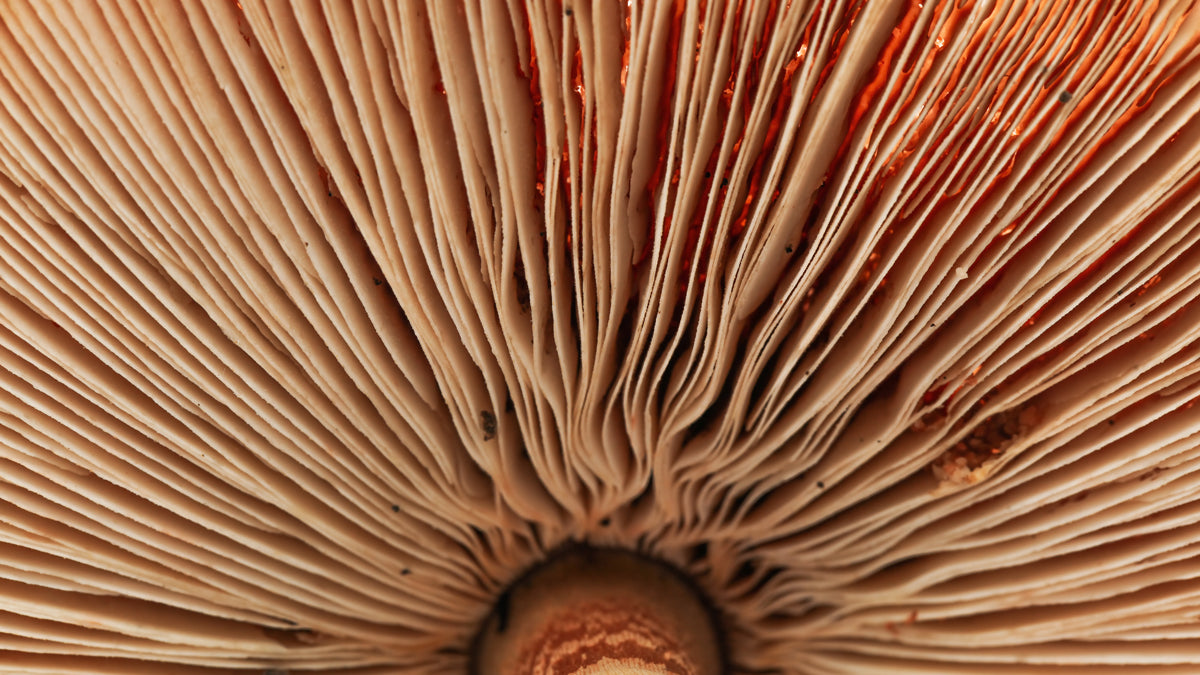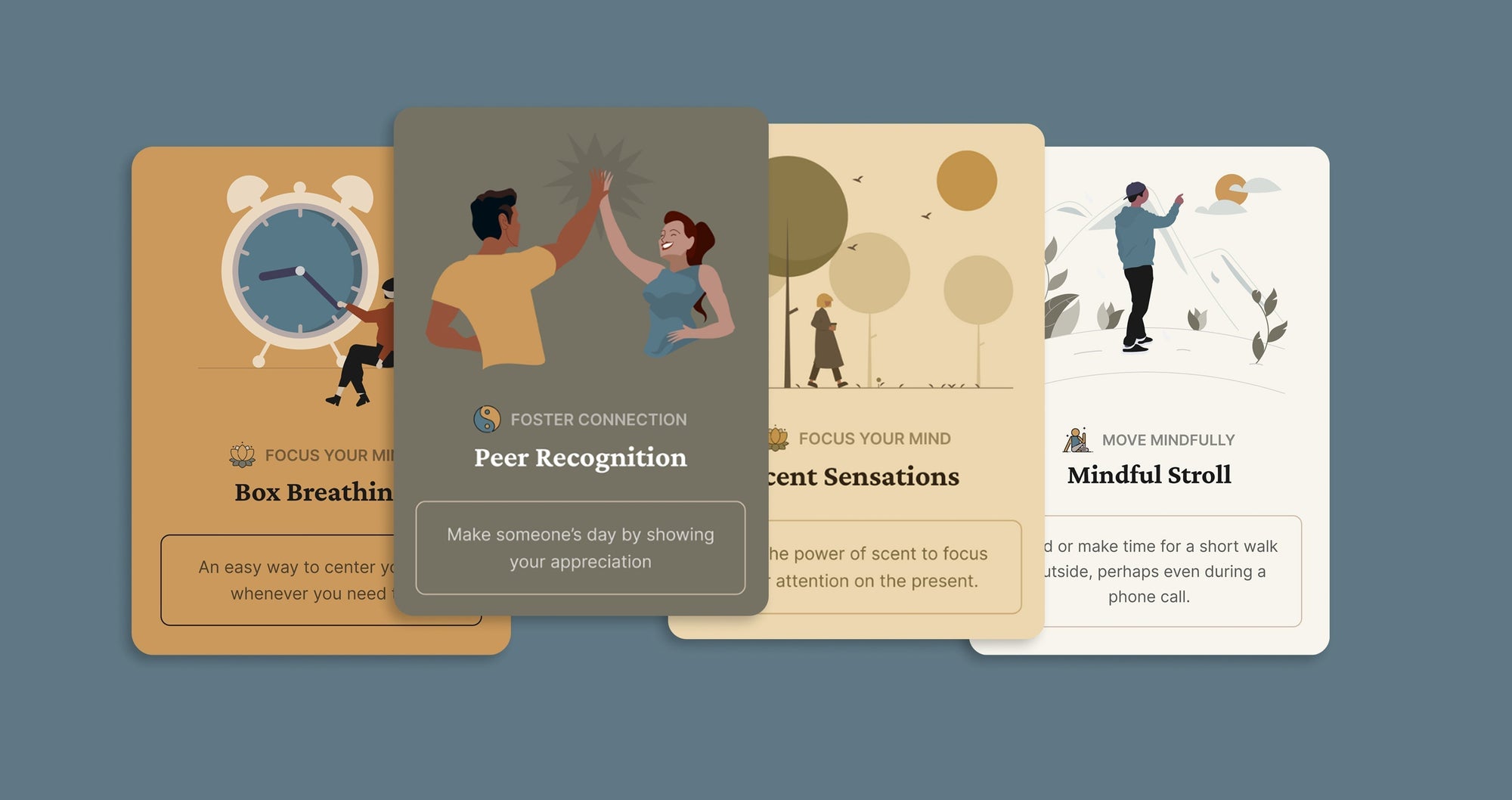Did you know that there are more than 10,000 known species of mushrooms in existence—and probably many more we don't yet know about?
Only a handful of mushroom species are available in most grocery stores and farmer’s markets, while others can be found in some health food stores and online. While types like portobello, cremini, and button mushrooms are widely eaten in many countries, there are many types of "functional mushrooms" (also called "medicinal mushrooms") that go largely unnoticed.
What makes a mushroom "functional" and capable of improving your health? Most mushrooms are a good source of nutrients including B vitamins, fiber, and even protein. However certain types also contain powerful antioxidants and anti-inflammatory compounds that aren't widely available in other foods.
This explains why studies show that medicinal mushrooms—such as reishi, cordyceps, and lion's mane—can help improve immune function, nervous system regulation, and cognitive functions such as concentration.
Types of Mushrooms + Their Benefits
Have you seen or tried the growing health food trend described as “mushroom tea”? This type of nutrient-rich elixir has become a popular coffee alternative due to its ability to give you a potential boost in energy and focus, without the jitters associated with caffeine.
Mushroom teas and powders typically include one or more of the following types of mushrooms, which are considered to be medicinal/functional (meaning they do more than just provide basic vitamins and minerals):
- Reishi
- Cordyceps
- Lion's mane
- Turkey tail
- Maitake/hen of the woods
- Shiitake mushroom
- Morel mushroom
While not as potent in disease-fighting compounds, other healthy types of edible mushrooms include: portobello, oyster, cremini, wood, honey, truffle, and king oyster mushrooms.
The use of medicinal mushrooms might seem trendy, but in fact, these special fungi have been utilized for thousands of years in traditional systems of medicine, especially those that originated in Asia. For example, in Traditional Chinese Medicine, certain mushrooms were believed not only to support physical health and resiliency, but also to bring about spiritual enlightenment and even immortality.
Today, research supports the ancient belief that functional mushrooms are potent anti-inflammatory foods and "adaptogens," meaning they can help your body maintain homeostasis (or balance).
Some of the specific benefits of mushrooms for health and longevity include:
- Supplying beta-glucans and other compounds (including triterpenes, phenolic compounds, polysaccharides, sterols, and more) that support immune cell activation and help to fight growth of cancerous cells; this is why mushrooms are sometimes called "immunomodulators."
- Providing the antioxidant “ergothioneine,” which helps to defend against free radical damage that contributes to many diseases.
- Blocking DNA damage and cell mutations.
- Supporting gut function, gut lining integrity, and a healthy microbiome (a core component of the immune system).
- Providing natural antibacterial and antifungal compounds.
- Promoting metabolic and cardiovascular health by defending against inflammation, which can lead to a heightened risk of insulin resistance and heart disease.
- Supplying nutrients that support adrenal and thyroid function, thereby contributing to a healthy stress response.
- Potentially protecting brain cells from damage, lowering the risk for neurodegenerative diseases and mood-related issues.
How to Use Functional/Medicinal Mushrooms
Depending on your preferences, you can consume mushrooms via pills, powder, or tea–or in their natural form, whether raw or cooked.
The specific type and form of mushrooms that are most likely to benefit you will depend on your goals and needs.
Here are tips for choosing a mushroom supplement, such as mushroom powder, tea, or capsules:
- For an increase in energy and physical performance: try cordyceps, which are known to support endurance and vitality, and reishi, which can help support restful sleep.
- For help with concentration/productivity: try reishi and lion's mane, which have many benefits for brain/cognitive health, including providing neuro-protective effects.
- For immune support: try chaga and reishi, sometimes called the "mushroom of immortality." Reishi is also known to be calming and great for people dealing with lots of stress, while chaga can help support gut health and digestion.
When choosing mushroom supplements, it’s important to buy and eat organic grown mushrooms if possible, considering that mushrooms absorb whichever nutrients and chemicals they are grown in/near. To avoid consuming pesticides and other chemicals commonly found in soil, look for organically-grown mushrooms.
Finally, it's safest and most convenient to buy mushroom supplements that have been tested for purity and dried to make them more shelf stable. However, some people also like to scavenge for their own mushrooms in the wild. Because some types of mushroom can be dangerous to consume, unless you’re a pro, it's best to do so with a trained guide to avoid eating potentially toxic mushrooms. As a general rule, don't eat any mushrooms that you aren't familiar with or certain about which species they belong to!





